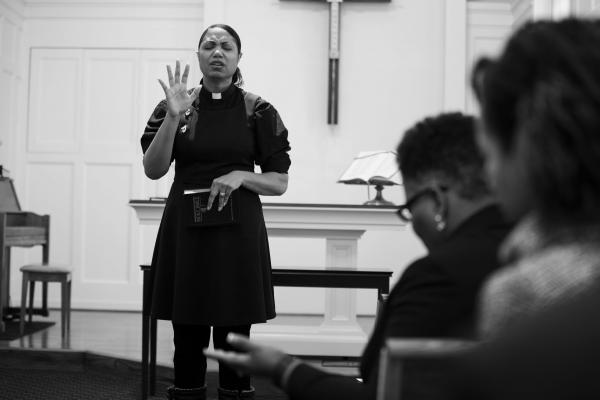Jan 30, 2019
I spent the first 18 years of my life blissfully assuming all Protestant churches allowed women to preach. At my home church, a tiny Presbyterian (USA) congregation in San Antonio, women spoke from the pulpit as often as they brought lukewarm casseroles to Sunday potluck. But when I left home for college, another first-year ambushed me in the dorm kitchen with his mouth full of 1 Timothy, bursting my egalitarian bubble. While I have since memorized the scriptural justifications for my equal existence and participation in the church, a new study by Church Clarity reveals that I am still far from living in a world where all Protestant churches allow women to lead.
Read the Full Article

Already a subscriber? Login
